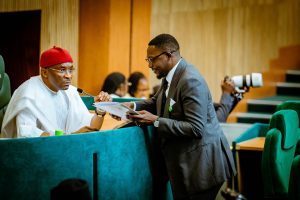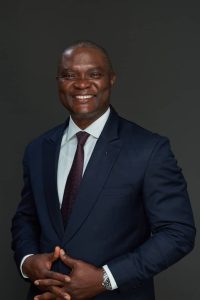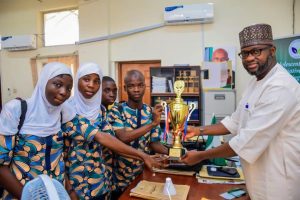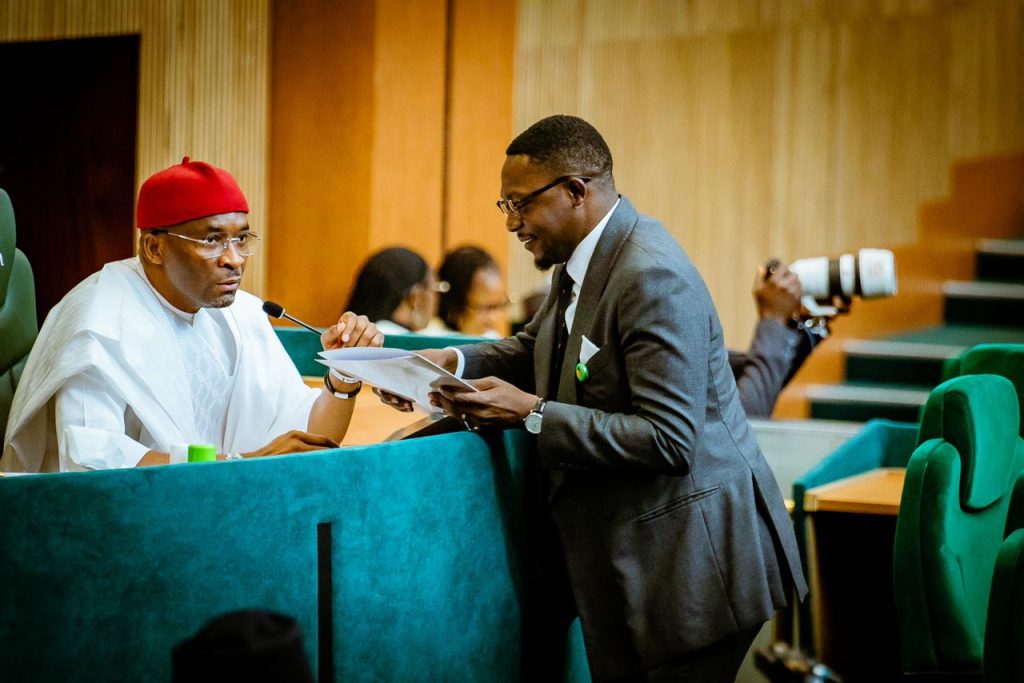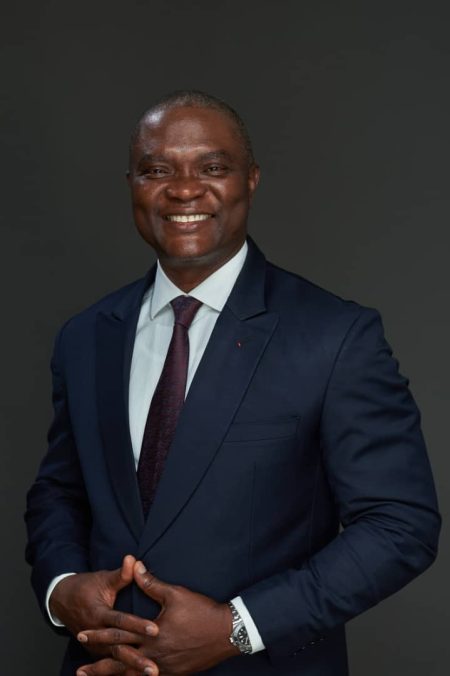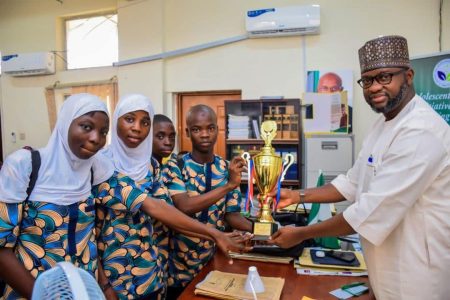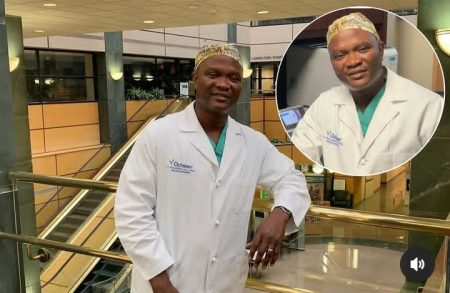“In a democratic setting, the legislative arm serves as the heartbeat formulating laws that reflect the people’s will while balancing power through oversight to prevent tyranny.” Tajudeen Habeeb, 2025.
Since Nigeria’s return to democratic governance in 1999, the growth of its democracy has been undeniable, yet some of us have continued to argue that a strong and independent legislature is vital for a sustained progress.
For the people of Ilorin West/Asa Federal Constituency, electing a representative who truly embodies their aspirations is critical. As the 10th National Assembly marked its second anniversary on June 13, 2025, Hon. Muktar Tolani Shagaya, representing Ilorin West/Asa in the House of Representatives, celebrated two years of remarkable service. How has he performed, and what impact has he made?
Since 1999, Ilorin West/Asa has been represented by seven individuals. Among them, only Gbemi Saraki (1999–2003) and AbdulRazaq Atunwa (2015-2019) stand out for their vibrancy and articulacy on the House floor, while Saraki and Moshood Mustapha (2011-2015) excelled in lobbying for constituency projects. Muktar Shagaya, a young and dynamic lawmaker, has quickly risen to match—and in some areas surpass—these benchmarks.
In 2023, as a youth advocate, I spoke at Shagaya’s campaign event, representing the voices of young constituents. Skeptical of politicians’ promises, I challenged him to deliver, warning that his performance would define his legacy. Like many, I initially viewed him as another privileged candidate, unlikely to connect with the grassroots. Two years later, Muktar Shagaya, the son of Hajia Muinat Shagaya, has not only defied these doubts but has set a new standard for representation.
Shagaya’s core responsibilities—lawmaking and oversight—have been executed with distinction. As Deputy Chairman of the House Committee on Basic Education, he has championed educational reforms, including sponsoring a bill to enhance basic education infrastructure. His motion for the rehabilitation of the Ilorin-Offa-Osogbo-Ibadan-Abeokuta-Lagos railway line affirmed his commitment to economic development and safety, benefiting not just his constituency but the broader region. His articulate contributions on the House floor rival the best of his predecessors, earning him admiration and respect across board.
Shagaya’s accessibility is perhaps, the hallmark of his representation. Through regular town hall meetings, such as those held in Asa, he maintains an open dialogue with constituents, even in remote villages. These engagements ensure that his legislative agenda reflects the people’s needs. His hands-on approach has focilititated a deep connection with the common man, dispelling perceptions of him as a disconnected elite.
Shagaya’s impact on infrastructure has been impressive. He has spearheaded the construction of classrooms in primary schools across Ilorin West and Asa Federal Constituency, addressing educational gaps in the area of infrastructure. His environmental consciousness, as an advocate of climatic change has also manifested through the distribution of Home-specific solar-powered panels to remote villages in Asa. This groundbreaking initiative simultaneously addresses electricity access in this remote areas while promoting sustainable energy solutions – positioning our rural communities at the forefront of Nigeria’s renewable energy transition. Water security, a fundamental human need, has received equal attention through his clean water provision programs across underserved areas. These interventions have dramatically improved living standards while reducing waterborne diseases in previously neglected communities.
His comprehensive empowerment strategy encompasses both immediate relief and long-term development. During periods of economic hardship, strategic palliative distribution provided crucial support to struggling families. Simultaneously, his fertilizer and agricultural tools distribution program to smallholder farmers has enhanced agricultural productivity while strengthening food security across the constituency.
The cumulative effect of these interventions creates an unmistakable impression: our constituency has never experienced such active, thoughtful, and comprehensive representation since 1999.
While not a formal legislative duty, facilitating employment opportunities has become a norm in Nigeria’s political landscape. Shagaya has excelled in this area too, leveraging his influence to secure jobs for constituents, far exceeding expectations. This achievement has significantly uplifted the socioeconomic well-being of the beneficiaries who are mainly of Ilorin West/Asa local government.
At a time when youth leadership is gaining momentum, Shagaya embodies the potential of young Nigerians to drive change. His energy, accessibility, and results-oriented approach have silenced skeptics like me and set a benchmark for future representatives. Compared to past representatives like Alajagusi (May God rest his soul), whose tenure disappointed many, Shagaya’s performance is a refreshing departure.
After two years of representation, Hon. Muktar Tolani Shagaya has delivered what can genuinely be termed worthy representation. His campaign slogan “Shagaya de, Irorun de” (Shagaya has come, relief has come) has proven prophetic rather than mere political marketing.
For a constituency that has experienced varied levels of representation since 1999, Shagaya’s performance represents a high watermark of legislative effectiveness combined with genuine grassroots engagement.
As we look toward the remaining years of this assembly, the standard has been set. The challenge now lies in sustaining this momentum while expanding the scope of impact. Thus, I pray for continued strength and wisdom for the youthful and useful Mukhtar.
The lesson for Nigeria’s democracy is clear: when constituencies elect representatives based on merit rather than mere familiarity or patronage, the dividends of democracy become tangible for ordinary citizens.
Muktar (Our Friend) can smile, it’s been worthy two years of impact, indeed, Shagaya De, Irorun De!
Tajudeen Habeeb writes from Idigba, Ilorin West, Kwara State.


